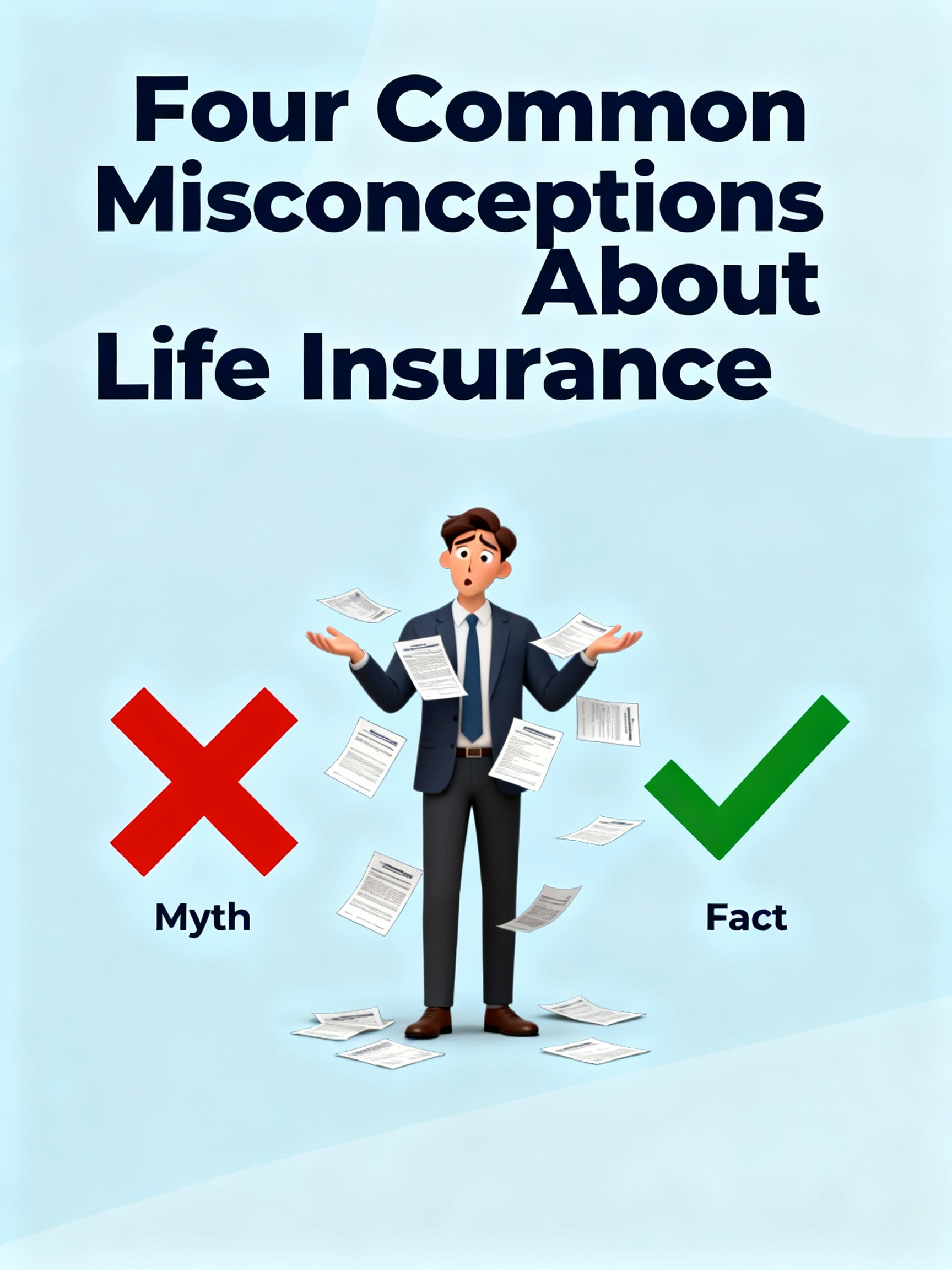Small Insurance Claims That Surprise Most Policyholders
Published Date: 11/22/2024
In the world of insurance, it’s rarely the big disasters that trip people up — it’s the small ones. A broken fence after a storm, a spill in your car, or a cracked window from the neighbor’s kids. These everyday mishaps may seem minor, but when they happen, the question is always the same: “Does my insurance cover this?”
In a recent episode of Insurance Hour with Karl Susman, Karl tackled a full lineup of listener questions that uncovered the hidden truths behind these “small” claims. From fences to potholes to paint spills, his insights shed light on how coverage actually works — and what to do before filing a claim that could raise your premiums.
When Storm Damage Hits Fences and Other Structures
The episode opened with Dennis from Kansas, whose wooden fence was ripped apart by high winds during a storm. His question: would his homeowner’s insurance cover it?
According to Susman, the answer is usually yes — but with important caveats.
Even though a fence doesn’t feel like part of your home, it’s typically covered under the “Other Structures” portion of a homeowner’s policy. This coverage usually includes detached items such as fences, sheds, gazebos, and detached garages. If damage is caused by a covered peril like wind or fire, a claim may be valid.
However, exclusions matter. In certain states, wind coverage may be limited or require a separate policy, especially in tornado- or hurricane-prone regions. Homeowners should always review their covered perils and confirm with their agent whether storm damage applies in their area. Proper documentation and photos of property features are essential for proof.
Auto Insurance and the Mystery of Self-Caused Damage
Another listener accidentally spilled white paint all over the backseat of a new car and wondered if auto insurance would cover it.
Susman explained that physical damage coverage falls into two main categories: collision and comprehensive. Collision applies when your car strikes something while moving. Comprehensive covers non-collision losses such as theft, fire, vandalism, or falling objects.
A paint spill may or may not qualify under comprehensive coverage depending on how the insurer classifies the event. Even if covered, the policyholder must still pay the deductible, and the claim could be considered at-fault, affecting future premiums.
Susman’s practical advice was to always get a repair estimate first. If the cost is close to the deductible, filing a claim may not make financial sense.
Broken Windows and Liability Between Neighbors
A listener asked what to do when a neighbor’s child broke their window while playing. Should they file an insurance claim or approach the parents?
Susman encouraged starting with direct communication. The most straightforward path is for the parents to take responsibility and pay for the repair. If they decline, the homeowner may file a third-party liability claim against the neighbor’s homeowner’s policy.
Filing under one’s own homeowner’s policy is possible but may result in higher premiums. Open communication, Susman noted, often prevents unnecessary conflict and preserves good neighbor relationships.
Pothole Damage and Collision Coverage
Another listener hit a massive pothole that destroyed a car’s suspension and wondered if insurance would help.
Susman explained that this type of loss typically falls under collision coverage because the vehicle was moving at the time of impact. Even though another vehicle wasn’t involved, the damage is still classified as a collision.
In some cases, insurers may seek reimbursement from the city through subrogation, but the policyholder still risks higher premiums. As always, Susman advised weighing the repair cost against the deductible and potential long-term rate increases.
Water Damage From Clogged Drains and Gray-Area Claims
One of the most complicated questions involved a basement flood caused by a clogged drain during heavy rain.
Susman emphasized that coverage depends entirely on the source of the water. Rising groundwater is considered flood damage and is excluded from standard homeowners policies. Sudden accidental discharge from a broken pipe is usually covered.
Clogged drains fall into a gray area and may be viewed as either maintenance-related or sudden accidental damage. Susman recommended filing the claim and letting the adjuster determine eligibility — but only after understanding the deductible and how a water claim could affect future renewals.
Policyholders should also be aware that some policies carry separate deductibles for fire, wind, and water.
Garage Doors, Vehicles, and Which Policy Pays
Another listener asked whether to file a home or auto claim when a malfunctioning garage door fell onto their car.
Susman clarified that damage to your own vehicle is always handled through your auto policy. Homeowner’s insurance would only apply if the garage door had damaged someone else’s car as a liability claim.
He used this example to reinforce a broader principle: insurance is meant for major losses, not cosmetic damage. Filing small claims can lead to premium hikes or non-renewals, especially in tight insurance markets.
Power Surges, Pools, and Catastrophe Losses
A listener whose pool pump was destroyed by a power surge wondered whether insurers would deny it as an “act of God.”
Susman explained that the phrase has no legal meaning in insurance. Coverage depends on whether the surge resulted from a covered peril like lightning or from faulty internal wiring. If caused by a covered event, it may be paid under the “Other Structures” portion of the homeowner’s policy.
He also introduced the concept of catastrophe or “CAT” losses — major natural events like storms or wildfires that insurers track separately. These claims typically do not raise individual premiums because they affect entire regions rather than reflecting personal risk.
Accidental Fires and Homeowner Liability
A final listener admitted to starting a small kitchen fire by leaving a toaster oven on too long.
Accidental fires are among the most common homeowner claims and are generally covered as long as there is no intent involved. Still, Susman cautioned that in high-risk insurance markets, even justified claims can lead to non-renewals.
In some situations, paying out of pocket may be safer than risking future insurability, particularly when the damage is relatively minor.
The Rules of Smart Claim Filing
Across all these listener stories, several consistent lessons emerged.
Policyholders should never assume coverage without reviewing their policy language. Brokers and agents should always be consulted before filing a claim. Small claims should be evaluated carefully, as even covered losses can raise long-term costs.
Understanding the difference between catastrophe claims and personal losses is critical. Insurance exists to protect against significant, unexpected financial harm — not routine wear, tear, or maintenance.
Why Preparation Beats Surprise
Fence, paint, or pothole may sound like isolated bad-luck scenarios, but they all reflect a deeper truth about insurance: the small decisions often carry the biggest long-term consequences.
Insurance doesn’t exist to fix every inconvenience. It exists to prevent financial disaster. The better consumers understand what is covered, what is excluded, and when to file a claim, the more control they have over protecting their home, car, and financial future.
As Susman reminded listeners, education is the most powerful form of coverage. Knowing the right questions to ask before a loss happens is what ultimately prevents regret after the fact.
Author






